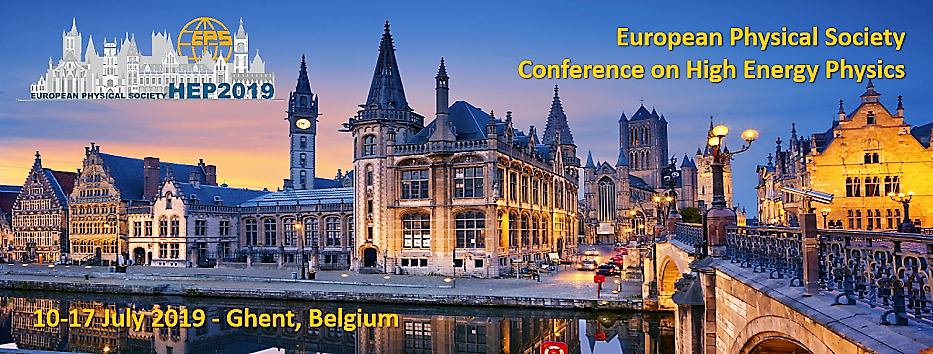Speaker
Description
The Jiangmen Underground Neutrino Observatory (JUNO) is a next generation multi-purpose antineutrino detector currently under construction in Jiangmen, in China. The reactor electron antineutrinos of two power plants at a baseline of 53 km will be detected in the central part of the detector, which consists of 20 ktons of liquid scintillator contained in a 35 m diameter acrylic sphere. The central detector is instrumented by more than 18000 20-inch photomultiplier tubes (PMTs), and about 25600 3-inch small PMTs, with a total cathode coverage of about 77%. The required neutrino energy resolution is 3% at an energy of 1 MeV. This puts strong constraints on the detector component quality. Data taking is expected to start at the end of 2021.
The main goal of the JUNO experiment is to determine the neutrino mass hierarchy, as well as to measure several neutrino mass and mixing parameters with a precision at the sub-percent level, using reactor electron antineutrinos events. However, thanks to its large volume and precise neutrino energy measurement, JUNO will be able to tackle a wide range of neutrino physics topics and provides an ideal place to perform non-reactor neutrino measurements. This includes the study of solar neutrinos to improve our knowledge of matter effects on the oscillation processes and of the solar metallicity, and atmospheric neutrinos, to perform a complementary measurement of the neutrino mass hierarchy. A measurement of the flux of geoneutrinos will also be performed to shed light on the earth composition and formation, as well as the study of potential near-by supernovae explosions to contribute to characterize the supernovae explosion mechanism. Last but not least, a search for nucleon decays in a complementary way to the Cherenkov-based experiments will be performed.
The JUNO’s physics potential with the latest expectations for these non-reactor analyses will be described comprehensively in the talk.




